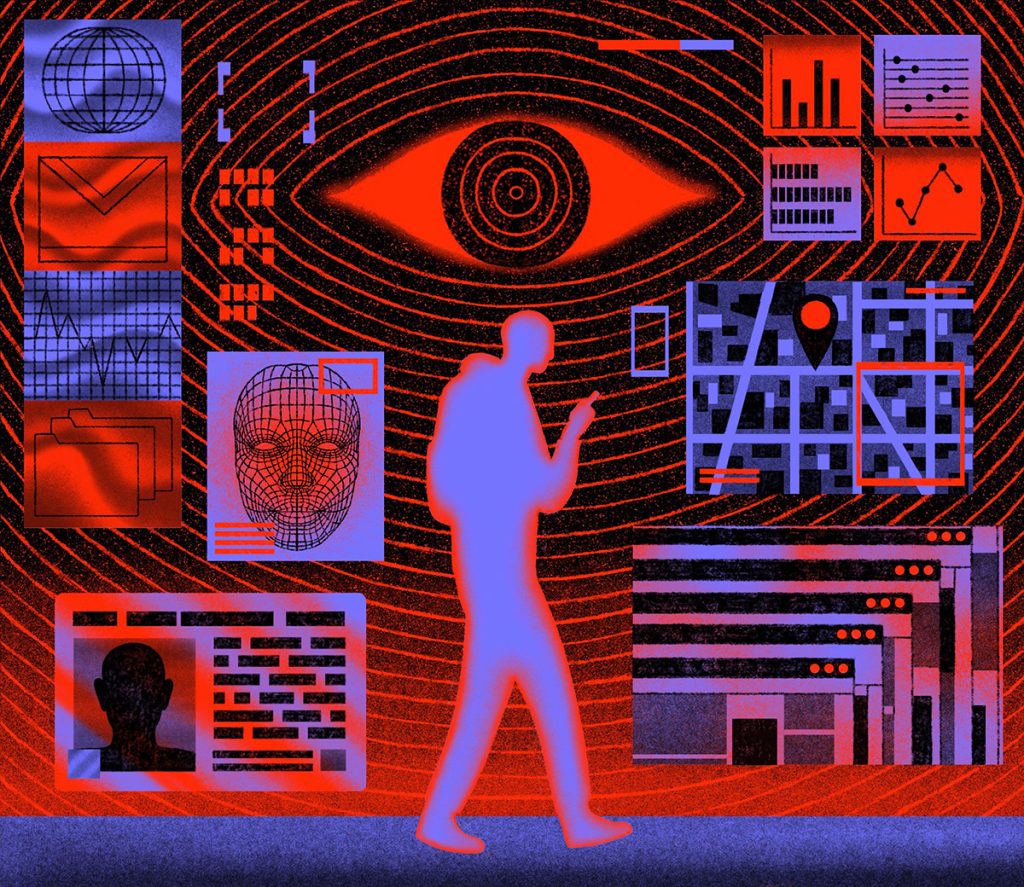
Ah, the world of cyberpunk— where we have the neon bright lights, damp rainy streets, rogue AIs, and, of course, the oh-so-charming corporate overlords who dictate everything, um, I mean own everything. They “help” run the streets, “help” control your data, and probably have a couple of assassin squads on standby just in case you’re getting too rebellious are there when you need them! Ok, all jokes aside, if there’s one major theme cyberpunk narratives love to bring to the forefront, it’s that the corporate world is full of greed and absolutely knows no bounds. It’s evident these mega-corporations aren’t just in it for the money—they’re in it for something far more sinister: control.
As seen with many of the novels we’ve explored in class with examples ranging from Blade Runner’s Tyrell Corporation to the “pill funders” in Machinehood, it’s evident that many cyberpunk narratives depict corporations that are greedy and put themselves above the people in the city. With that being said, I want to specifically focus my attention on the Tyrell Corporation from the sci-fi film Blade Runner. In a sense, you can say that the founder, Dr. Eldon Tyrell, “plays God” since he created a company that crafts, molds, and modifies a “race” of people whose sole purpose is to track down replicants. In fact, the Tyrell Corporation’s official motto is “more human than human,” which is a reference to that company’s primary product: superhuman clones that are called Replicants. How is this company greedy and power hungry you may ask. Well, it’s Tyrell’s obsession with profit and control over life itself that illustrates the terrifying extension of corporate power, where profit is the ultimate goal—even at the cost of humans, or in this case, potential artificial life. However, the biggest takeaway from all of this is that Tyrell’s greed is his own downfall.
So, is this just some wild dystopian fantasy, or are modern day corporations really heading in this direction? I’m at a mix of answers when it comes to this question. On one hand, it’s easy to write off these extreme depictions as exaggerations for entertainment purposes—after all, the Replicants were supposed to be created so they can just be used as pawns, the Tyrell Corporation didn’t exactly invent self-aware robots that wanted to kill their creators, nor did the corporation intend for it to be that way, but the Replicants turned out to be emotional, complex, individuals who longed for freedom and wondered what it meant to be human. I think as we advance more and see the the increasing concentration of power in the hands of giant companies today, you start to see the beginning of these corporate greed concerns. From personal data collections, corporate influence over government policies, billion dollar companies exploiting their employees by paying them low wages, etc. it’s no question why many agree that we’re heading in this direction.